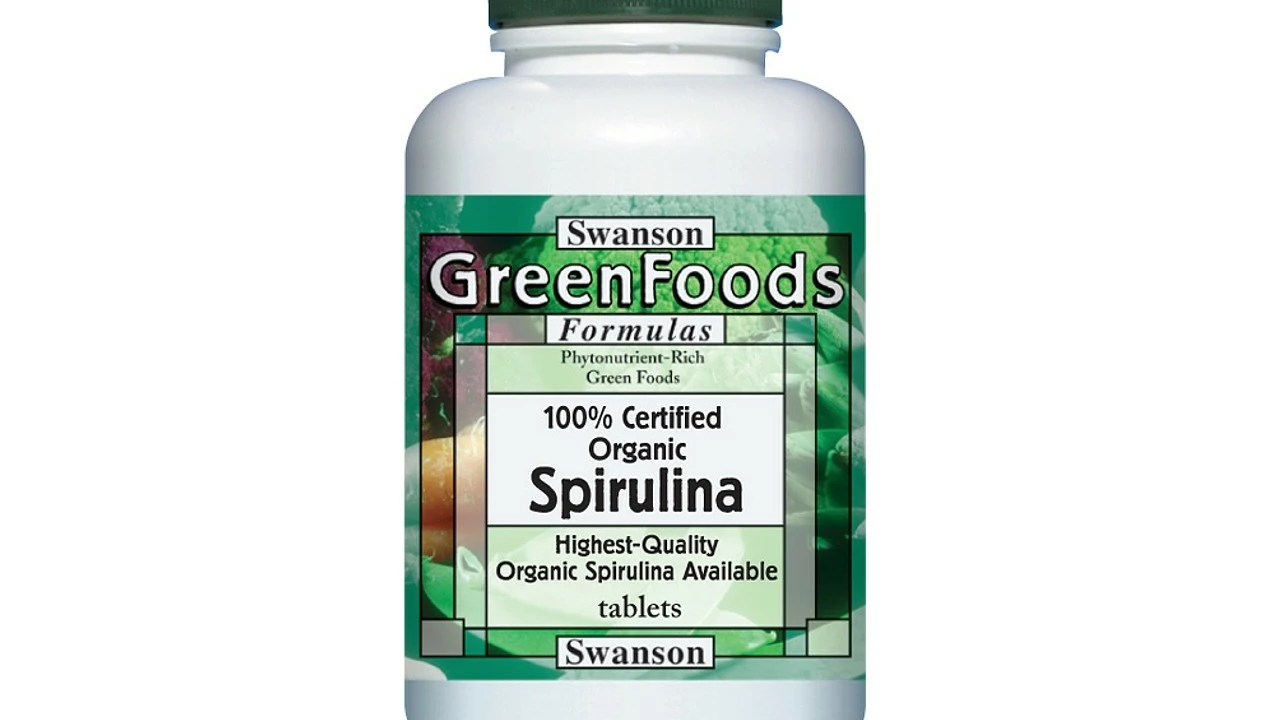Dietary supplement market: 2025 trends, safety checks, and smart buying
Want better supplements without getting ripped off or risking your health? The dietary supplement market feels like a jungle: new herbal blends, mushroom extracts, and targeted nutrient mixes pop up every month. Some products act like medicine but don’t go through the same approval. That’s why you need a few simple rules to shop smarter.
What’s changing in the market
Here’s what I’m seeing in 2025: mushroom extracts (like lentinan-rich formulas), traditional herbs (Solomon’s Seal, wild thyme), and micronutrient stacks (iron, folic acid, zinc) are getting bigger. Brands are also offering personalized blends and subscription packs sold through online pharmacies and telehealth services. That’s useful—if the product is legit. Watch for buzzwords like “clinically proven” and check what’s actually behind them.
Quick safety checklist before you buy
Use this checklist every time you pick a supplement: read the full ingredient list, check dosage per serving, and compare that dose to recommended intakes. Look for third-party testing seals (USP, NSF, or ConsumerLab). If a label promises to cure a disease, walk away—supplements can support health, not treat illnesses. In the U.S., supplements don’t need FDA approval before being sold, so reputations and testing matter more than glossy labels.
Buying online? Prefer shops that show a physical address, clear contact info, secure payment, and transparent return policy. If the site offers prescription drugs without asking for a prescription, be cautious—legitimate online pharmacies require prescriptions for prescription meds. Read recent user reviews, but don’t trust five-star pages only; look for balanced feedback about shipping, packaging, and results.
Pay attention to interactions. Supplements can change how prescription drugs work. For example, iron can interfere with certain antibiotics, and some herbal extracts affect blood thinners. If you take medication or have a chronic condition, ask your doctor or pharmacist before starting anything new.
Storage and expiry matter. Vitamins and oils lose potency after the expiration date, and heat or sunlight speeds that up. Buy sealed bottles, check expiry dates, and store supplements as the label says. If a powder clumps or a capsule smells odd, don’t use it.
Want specific reads? ClearSkyPharmacy.Biz has practical posts that dig deeper—topics like lentinan-rich mushrooms, Solomon’s Seal, iron/folic/zinc for immunity, and tips for buying from online pharmacies. Those articles give product-specific advice and safety tips to help you pick what fits your needs.
Short version: be skeptical of bold claims, check testing seals, verify doses, and consult a health pro if you’re on meds. With those steps, you’ll navigate the dietary supplement market more safely and spend your money on products that actually help.
Spinach Supplements: The Green Gold of the Dietary Supplement Market
In the world of dietary supplements, spinach products are quickly becoming the green gold. They're packed with nutrients like iron, calcium, and vitamins A, C, and K, making them a popular choice for health enthusiasts. Supplements allow you to enjoy these benefits without needing to consume large amounts of fresh spinach. As more people look for natural health boosters, the market for these supplements is set to grow. So, if you're looking to enhance your diet, spinach supplements might be worth exploring.
© 2026. All rights reserved.

